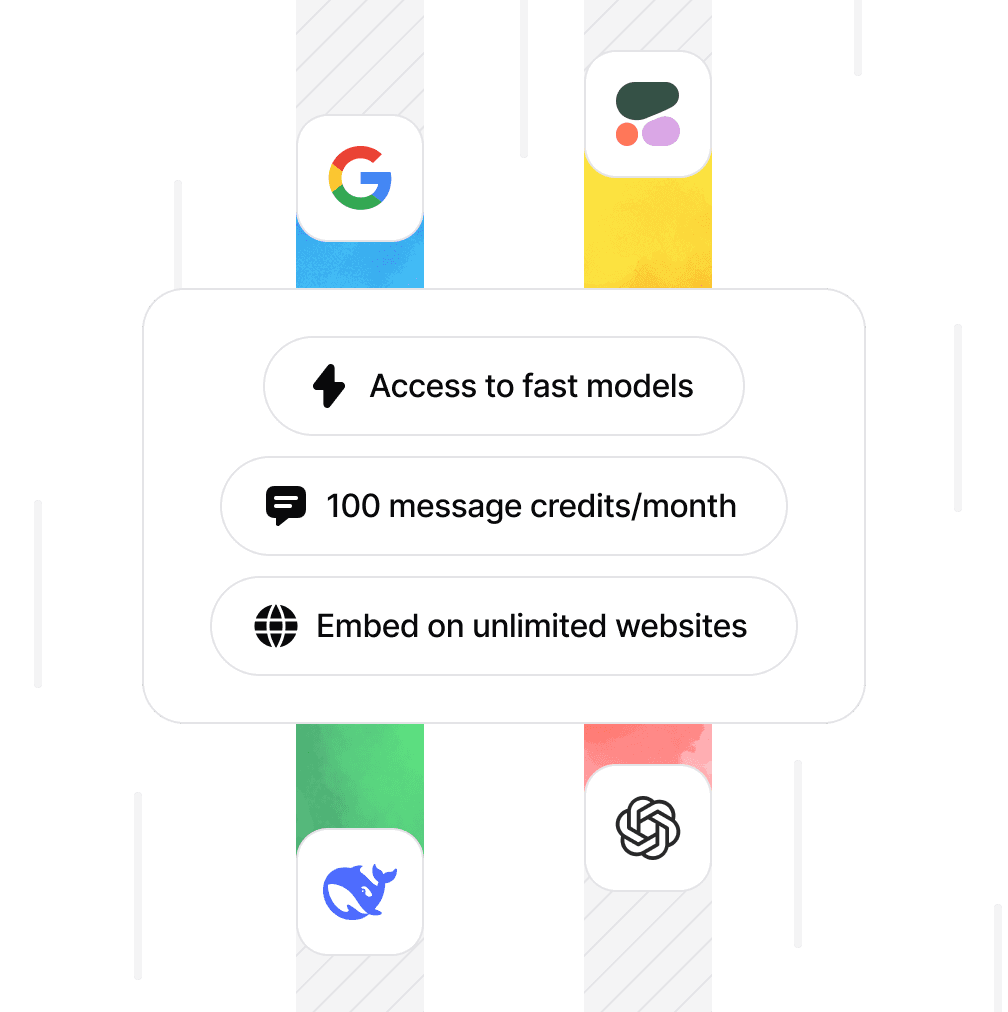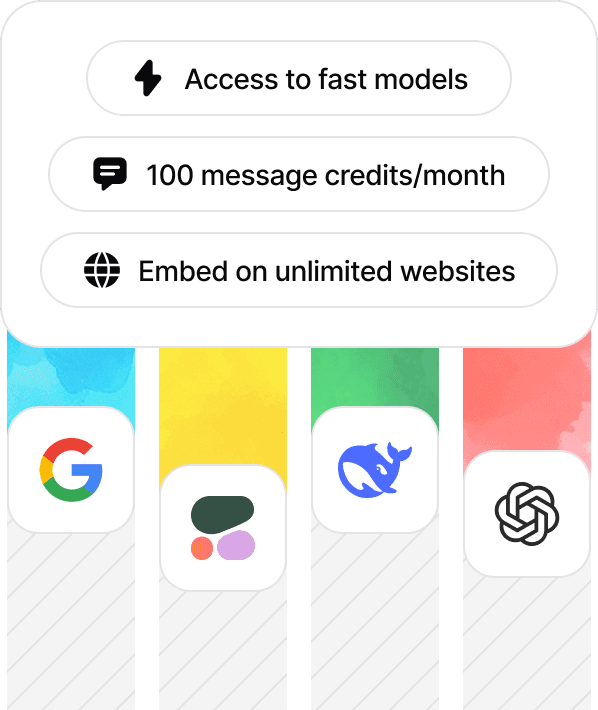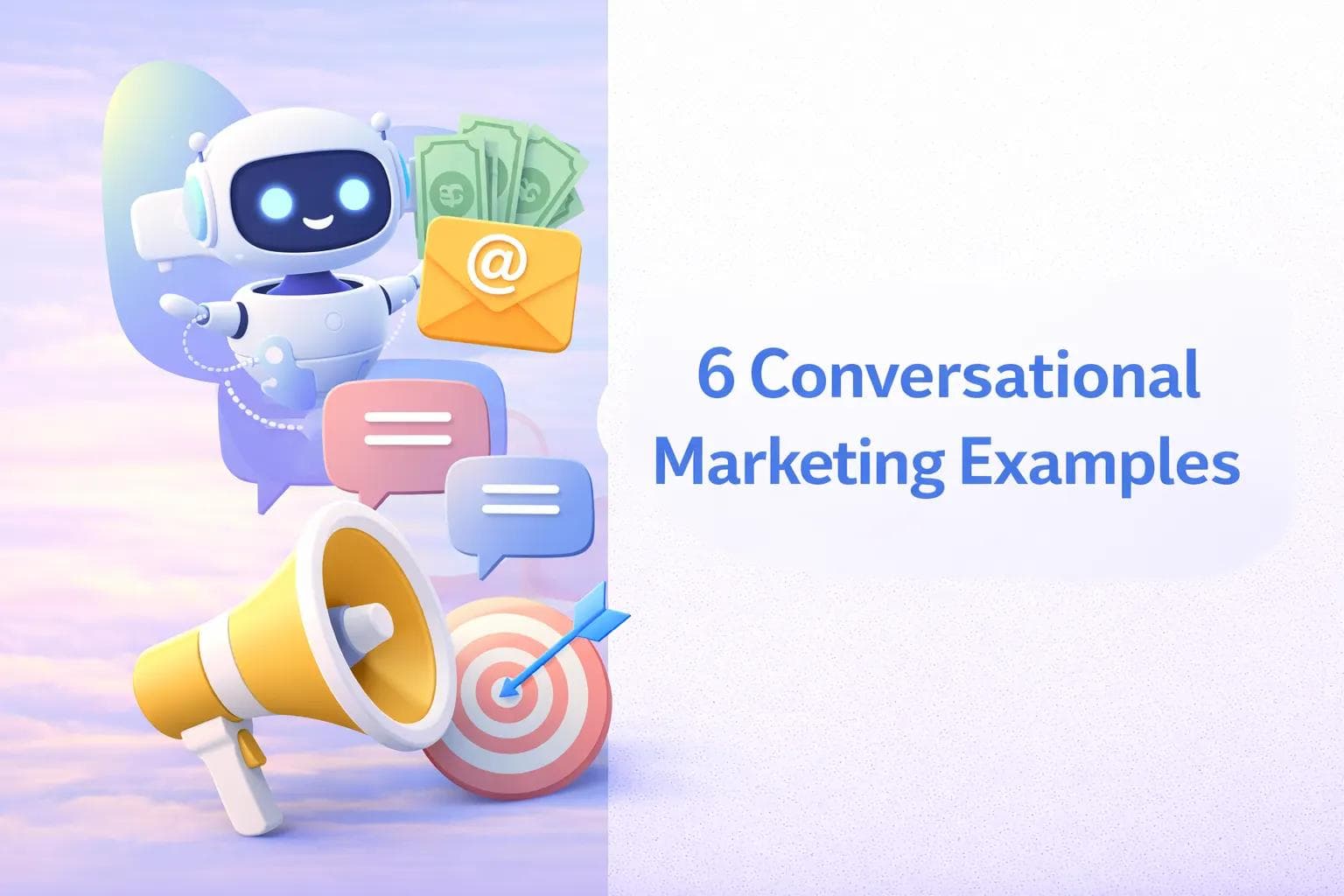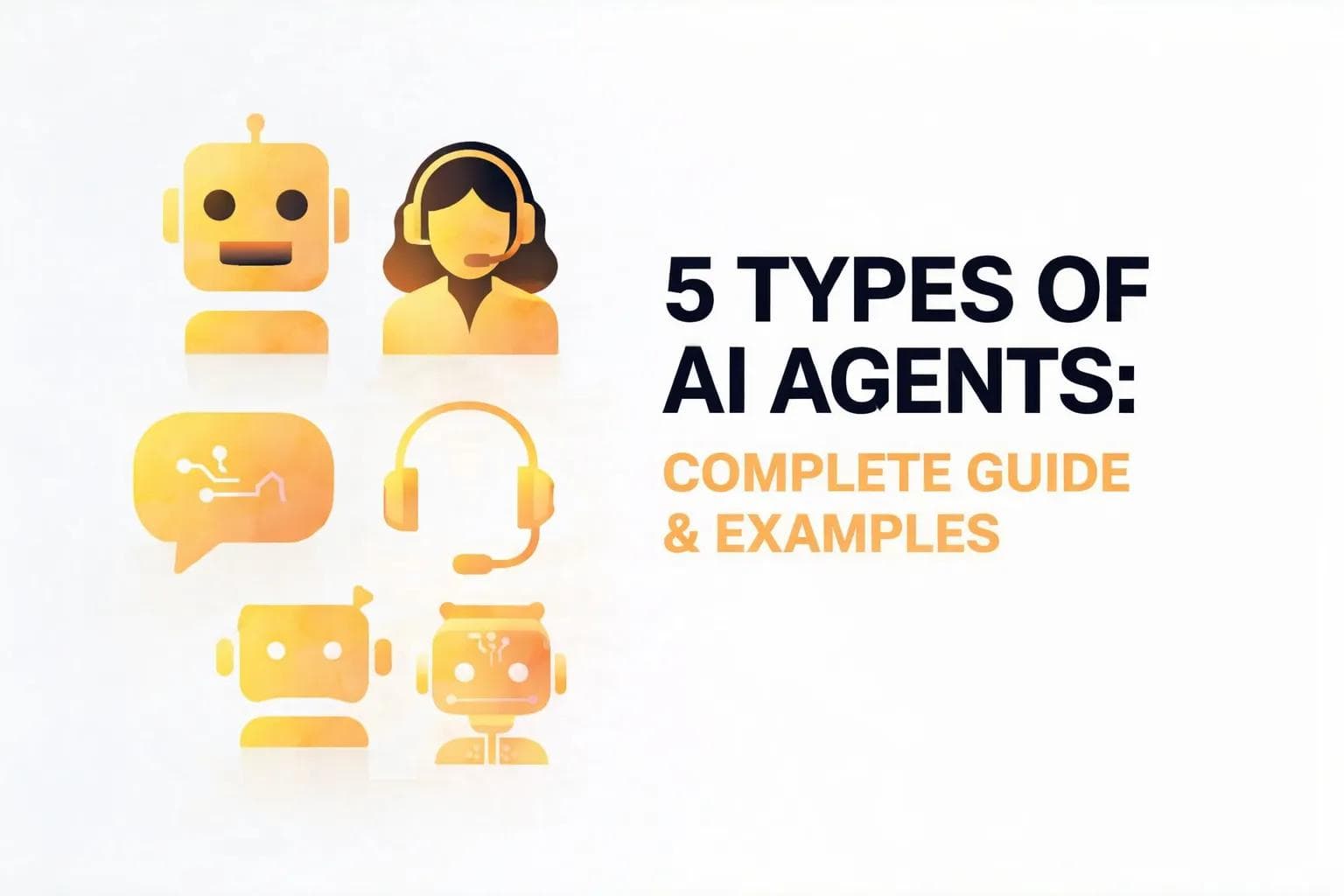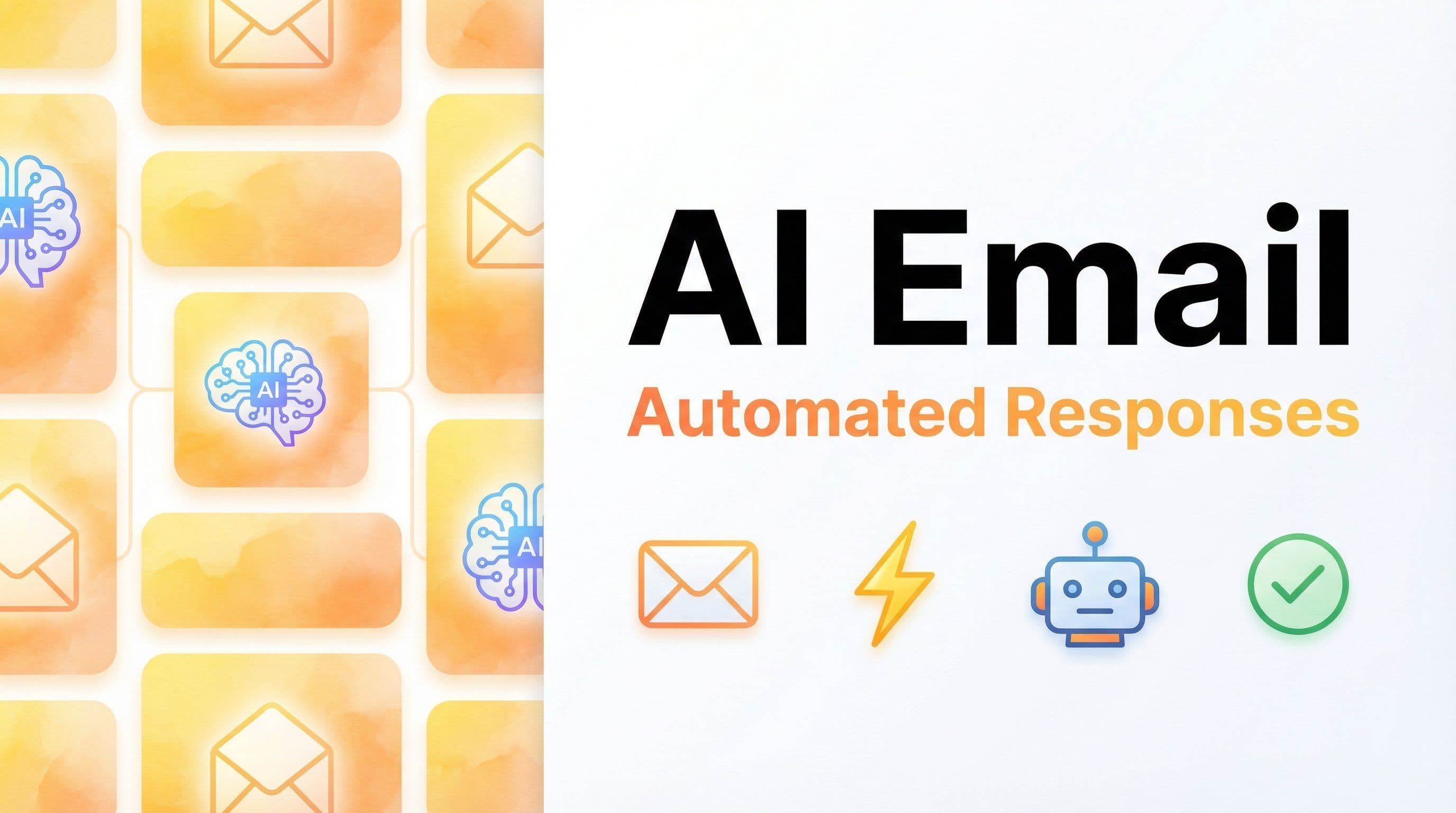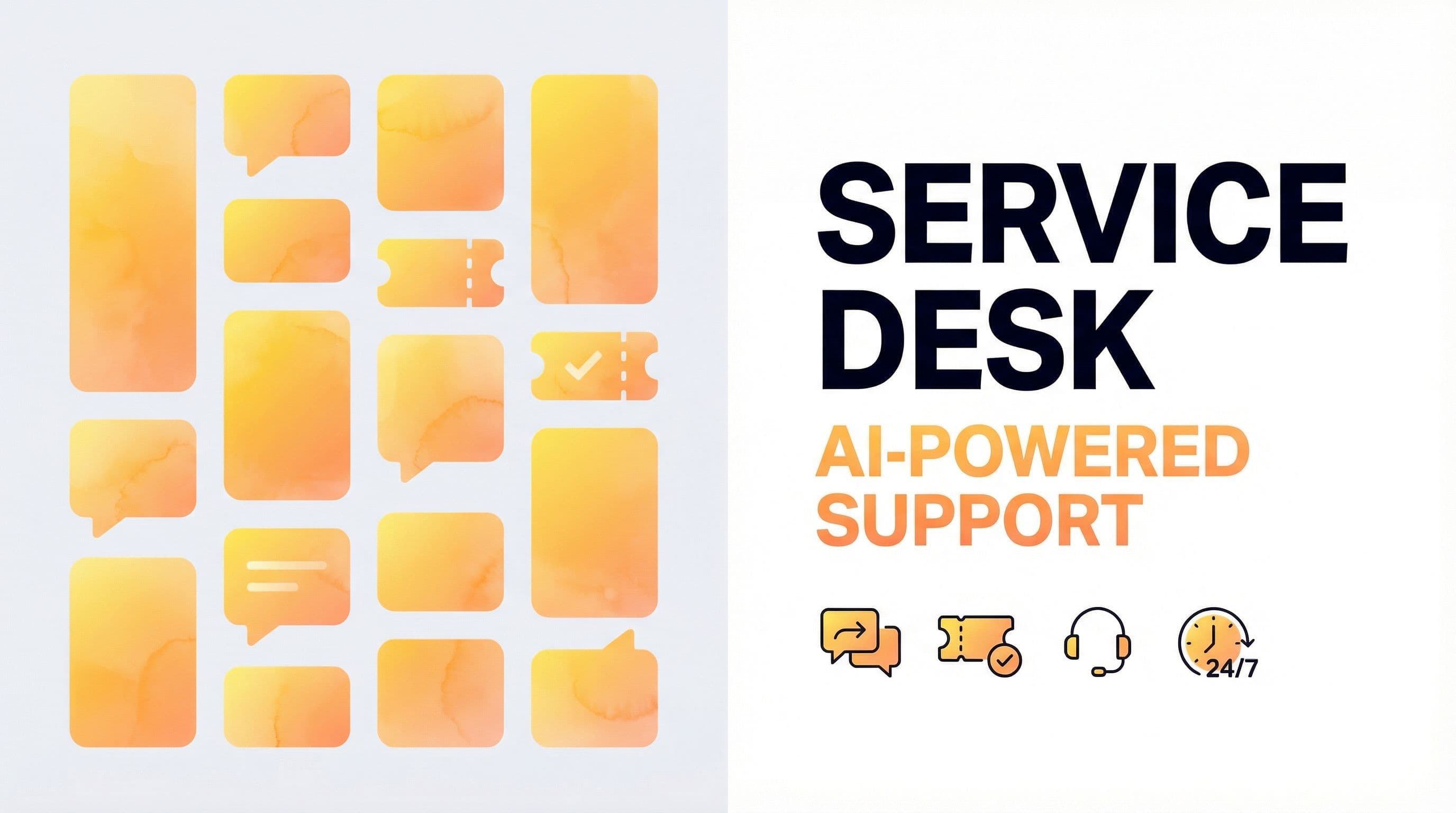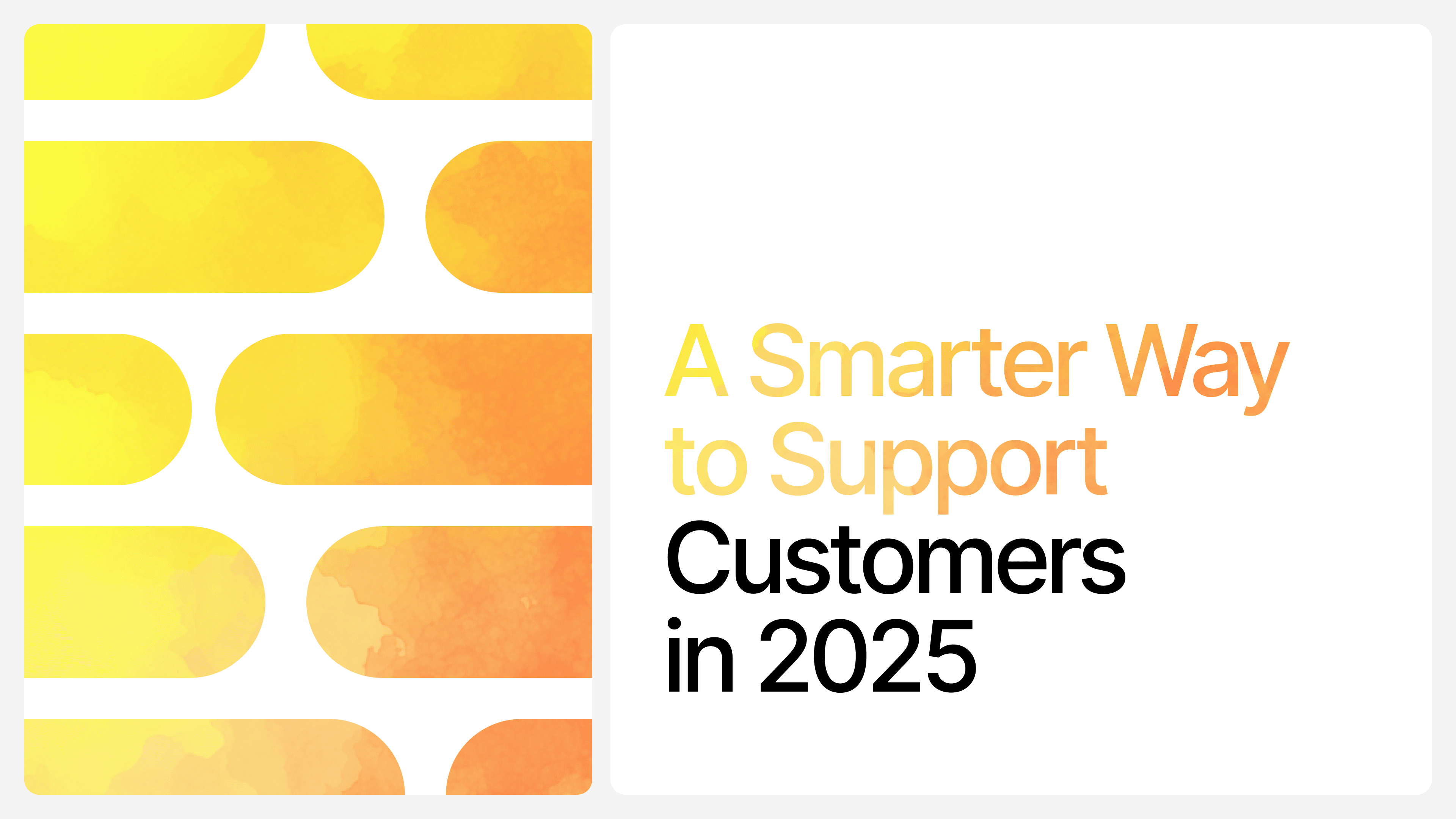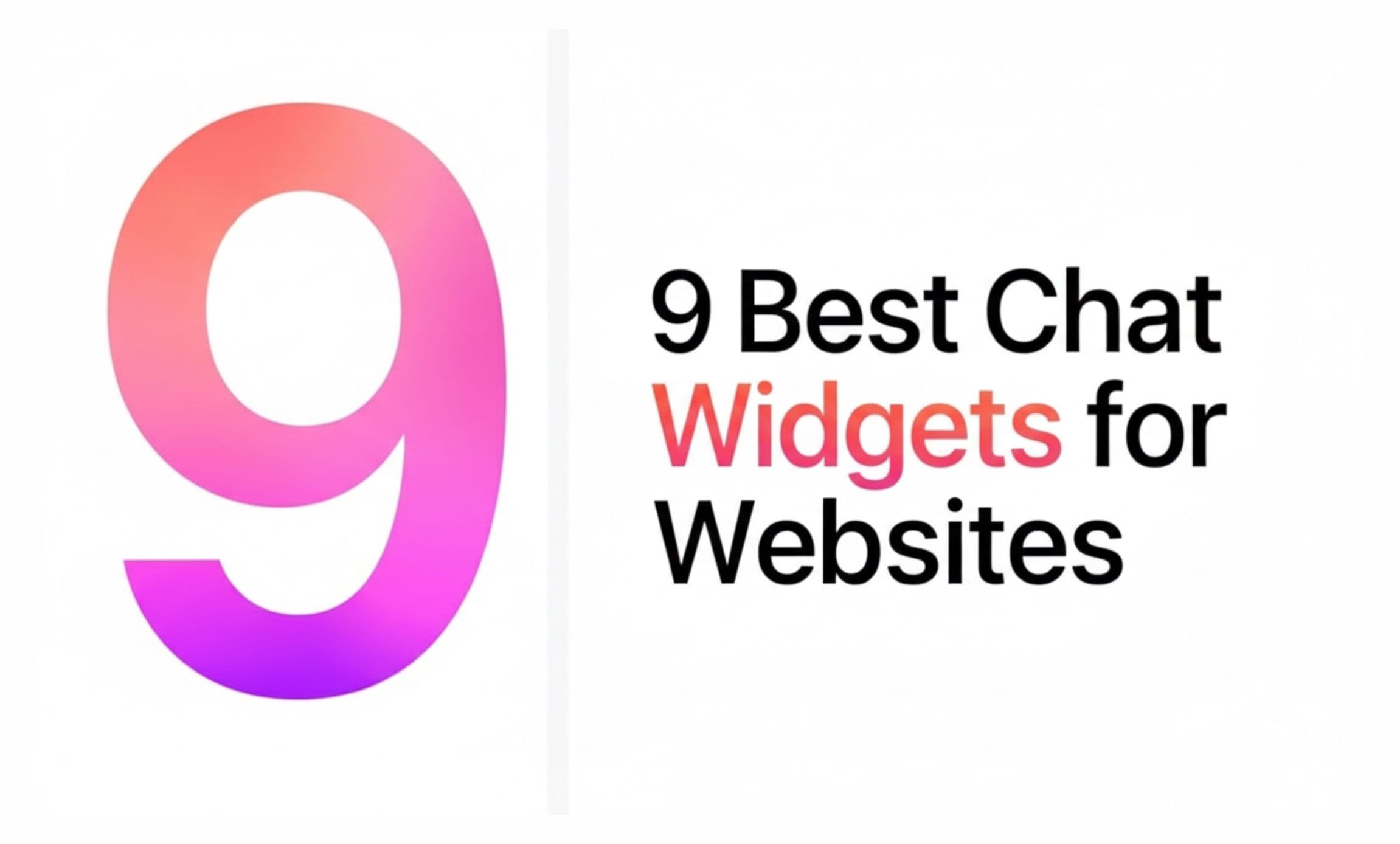How to Build an Automated Sales Funnel
Max T
Nov 8, 2024
11 min read
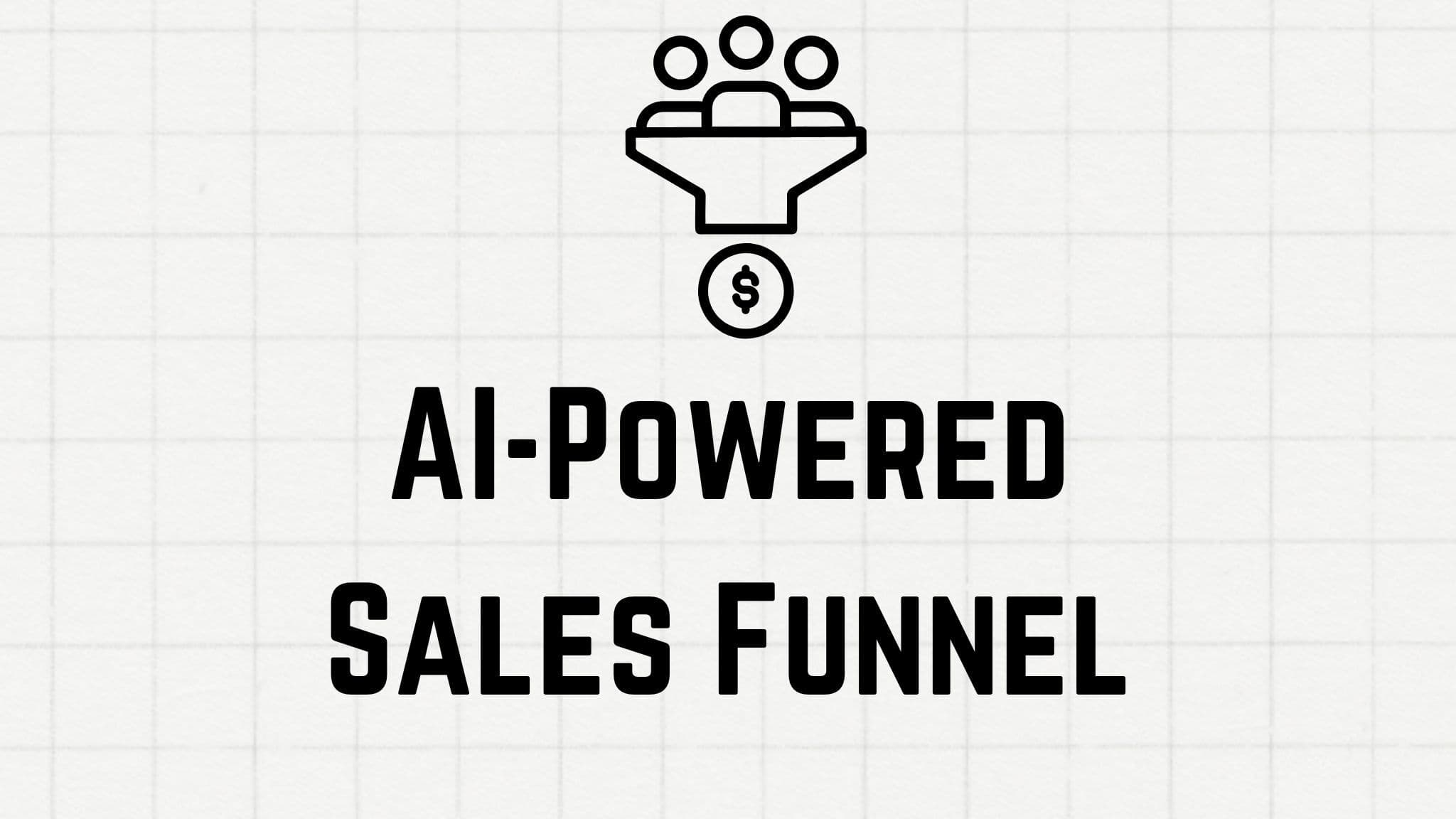
A small business owner launches a new product and runs ads to drive traffic. Leads start pouring in, but keeping up with responses, follow-ups, and personalized outreach quickly becomes overwhelming. Some prospects lose interest before ever hearing back.
Now, contrast that with a system that instantly captures leads, qualifies them, nurtures them with relevant content, and even follows up at the perfect time—all without manual effort. That’s what an AI-powered sales funnel does.
In this article, we’ll break down how to build an automated funnel that attracts, engages, and converts leads efficiently using AI.
We’ll cover:
- What an automated sales funnel is
- Steps to create an AI-powered funnel
- Key tools for AI sales funnel automation
- Benefits of AI for Sales Funnel Automation
Let’s go.
Best AI Tools for an Automated Sales Funnel
AI can take over many time-consuming tasks in the sales funnel, from attracting leads to closing deals. Below, we’ll break down the best AI tools for each stage of the funnel, explaining exactly how they can be used to improve lead generation, sales engagement, and conversions.
1. AI Chatbots for Lead Generation
AI chatbots engage website visitors in real-time, qualify leads, answer questions, and collect contact details without human intervention.
Best AI Chatbot Tools:
- Chatbase – Lets businesses create AI-powered chatbots that ask visitors relevant questions, collect emails, and qualify leads automatically. For example, an agency could set up a ChatBase bot to ask about a visitor’s budget and project needs before routing them to the right sales rep.
- Drift – Uses conversational AI to guide website visitors toward booking a demo or requesting a callback. A SaaS company could use Drift to engage visitors on their pricing page and encourage them to schedule a sales call.
- Intercom – Combines AI chat with live agent support, making it easy to automate FAQs while forwarding high-intent leads to a salesperson. A B2B business could set up Intercom to capture leads outside business hours and automatically schedule follow-ups.
Why it matters: AI chatbots ensure no visitor leaves your website without interacting with your business.
2. AI-Powered Lead Scoring & CRM
AI-enhanced CRM tools track interactions, assign lead scores, and help sales teams focus on the highest-value prospects, while also improving reporting for affiliate marketers by automatically tracking and analyzing affiliate performance data.
Best AI Lead Scoring & CRM Tools:
- HubSpot CRM – Uses AI to analyze website activity, assign lead scores, and automate personalized email follow-ups. A consulting firm could use HubSpot to automatically follow up with leads who visit their service pages multiple times.
- Salesforce Einstein – Predicts which leads are most likely to convert based on past interactions. A real estate agency could use Einstein to prioritize leads who repeatedly open property emails but haven’t booked a tour.
- Zoho CRM – Tracks lead engagement across email, chat, and social media, then suggests the best way to follow up. A sales team could use Zoho CRM to identify when a lead is engaging heavily with content and automatically trigger an outbound call.
Why it matters: AI lead scoring helps businesses focus on the leads that are actually ready to buy.
3. AI Email Marketing & Personalization
AI email tools personalize content, optimize send times, and automate follow-ups based on lead behavior.
Best AI Email Marketing Tools:
Here are the best AI email marketing tools:
- ActiveCampaign – Uses AI to send targeted email sequences based on customer actions. A SaaS company could use it to send tailored follow-ups after a lead signs up for a free trial, encouraging them to upgrade.
- Seventh Sense – Optimizes email delivery times based on when each recipient is most likely to open their inbox. A digital marketing agency could use Seventh Sense to increase response rates by sending cold outreach emails at the perfect time.
- Reply.io – Automates email and LinkedIn outreach with AI-generated follow-ups. A B2B sales team could use Reply.io Emailchef – Offers AI-powered tools like Emailchef Flows to build advanced marketing automations, and a smart assistant that generates compelling subject lines and preheaders—two key elements that determine whether your emails get opened. A small business could use Emailchef to set up high-converting campaigns with minimal effort. to automatically send personalized messages to leads who haven’t responded after a demo request. Blocks - Creates email templates based on the provided website and description. Allows to make content for email campaigns fast and without any HTML code knowledge.
Why it matters: AI email tools ensure leads receive the right message at the right time, improving engagement and conversions.
4. AI Scheduling & Sales Automation
AI-powered scheduling tools eliminate back-and-forth emails and let leads book meetings instantly.
Best AI Scheduling & Sales Automation Tools:
- Chili Piper – Instantly qualifies and schedules meetings with leads as soon as they fill out a contact form. A software company could use Chili Piper to allow high-intent prospects to book sales calls without waiting for manual outreach.
- Calendly – Automatically syncs availability and allows prospects to schedule meetings with sales reps. A consulting firm could use Calendly to provide self-service appointment booking, reducing delays in client onboarding.
- Outreach.io – Automates follow-ups across email, LinkedIn, and phone to keep leads engaged. A sales team could use Outreach.io to follow up with leads who visited a webinar but haven’t booked a call yet.
Why it matters: AI scheduling tools reduce friction in the sales process, helping businesses close deals faster.
5. AI Analytics & Sales Optimization
AI-powered analytics tools help sales teams understand where leads drop off and how to improve conversions. They also address persistent challenges in sales forecasting by using predictive models that analyze historical and real-time data, helping teams make more accurate projections and adjust strategies proactively.
Best AI Analytics & Sales Optimization Tools:
- Google Analytics 4 – Tracks how visitors interact with a website through a web analytics dashboard, providing insights into which traffic sources generate the most valuable leads. An e-commerce business could use GA4 to analyze which ads bring in the highest-converting customers.
- Clari – Predicts revenue and helps sales teams focus on the deals most likely to close. A SaaS company could use Clari to identify at-risk deals and take action before losing a sale.
- Gong.io – Analyzes sales calls and emails to highlight what top-performing reps are doing differently. A B2B sales team could use Gong to refine their sales scripts based on AI-driven insights.
Why it matters: AI-powered analytics help businesses make data-driven decisions to improve their sales funnel.
How These Tools Fit Into Your Funnel
- Attraction: Tools like Chatbase, Drift, and Intercom draw in leads and gather data from initial interactions.
- Engagement: CRM tools like HubSpot and Salesforce nurture and qualify leads through automated scoring and workflows.
- Nurturing: Email automation tools such as ActiveCampaign keep prospects engaged with personalized and timely communication.
- Conversion: Scheduling tools like Chili Piper and Calendly ensure seamless handoffs from marketing to sales teams.
- Optimization: Analytics platforms such as GA4 and Gong.io provide actionable insights to build a leads dashboard and refine each stage of your funnel
Key Benefits of Using AI for Sales Funnel Automation
AI isn’t about taking over completely, and we’re still a long way from achieving a fully automated, sentient sales robot (thankfully). But, AI does bring some serious advantages that can enhance how you attract, nurture, and convert leads. Let’s break down these key benefits and explore how AI can help you improve every step of the sales funnel.
1. Less Time Spent on Tasks and Much Less Manual Effort
One of the biggest wins AI brings is cutting down on the time spent on routine tasks. You no longer need to spend hours manually qualifying leads or sending follow-up emails.
AI can take care of these repetitive tasks in the background. For instance, it can automate lead scoring by analyzing customer data, determining which leads are most likely to convert. Your sales team can then focus on high-potential leads, drastically reducing wasted time and effort. Plus, AI-powered systems can send follow-up messages or reminders automatically, ensuring no lead falls through the cracks.
2. More Sales and Conversions
AI isn't just an efficiency booster; it can actually help increase conversions and sales. With its ability to analyze large amounts of customer data, AI can tailor messages, offers, and content based on individual preferences.
For example, when a prospect visits your site, AI can monitor their behavior—whether they’re checking out product specs, browsing reviews, or adding items to their cart. Based on this, AI can display personalized product recommendations, send targeted follow-up emails, or offer limited-time discounts. These personalized touches make your engagement more relevant, creating a more compelling experience and increasing the chances of closing deals.
3. AI Scales as Your Business Grows
As your business expands, managing a larger sales funnel becomes more complex. AI helps scale your efforts efficiently. Whether it’s handling a bigger volume of leads or entering new markets, AI-powered tools can manage these demands without requiring significant additional resources.
For example, suppose you launch a new product. AI can analyze customer data, identify the most promising target markets, and automatically craft and launch campaigns tailored to those segments. As a result, you can scale your sales efforts quickly and effectively without overloading your sales team or budget.
4. Gain Better, More Actionable, Real-Time Insights
AI doesn’t just automate tasks; it also provides valuable insights into your sales funnel and customer behaviors. By tracking interactions across multiple touchpoints, AI analytics creates a comprehensive view of the customer journey, allowing you to make data-driven decisions.
For instance, AI can pinpoint areas where leads are dropping off or which content resonates most with your audience. This real-time data helps you adjust your messaging, optimize your funnel, and improve the overall customer experience. By continuously analyzing this data, AI ensures that your sales strategies evolve based on what’s actually working, making your efforts more impactful over time.
Getting Started with AI-Powered Sales Funnels
If you’re new to AI-driven sales funnel automation, you’re not alone. Many businesses hesitate to dive in because it sounds complex or requires technical expertise. But the reality is AI can simplify the process and help you generate, qualify, and convert leads with far less effort.
And one of the best places to start? AI-powered lead generation with Chatbase.
How Chatbase Helps with AI Lead Generation
Chatbase isn’t just another chatbot—it’s an AI-powered tool that helps businesses capture, qualify, and engage leads automatically. Instead of spending hours manually sorting through contacts, your AI assistant can handle the heavy lifting while you focus on closing deals.
Here’s what Chatbase can do for you:
- Turn Website Visitors into Leads
Most visitors leave a website without taking action. Chatbase can start conversations with potential customers, answer their questions, and collect key details like name, email, and interest level—all in real time. - Qualify Leads Automatically
Not every lead is worth pursuing. Chatbase can ask the right questions to determine if a visitor is a good fit for your business. It can score leads based on responses and flag high-priority prospects so your team can focus on the ones most likely to convert. - Send Leads Where They Need to Go
Once Chatbase captures and qualifies a lead, it can send the information directly to your CRM, notify your sales team, or even schedule a follow-up. This removes the need for manual data entry and ensures no opportunity slips through the cracks.
Try AI-Powered Sales Funnel with Chatbase
Getting started with AI sales funnel automation doesn’t have to be complicated. With Chatbase, you can set up an AI-powered lead generation system in minutes, capture high-quality leads, and qualify them without extra work on your end.
Ready to see it in action? Sign up for Chatbase today and start generating better leads with AI.
Share this article:
